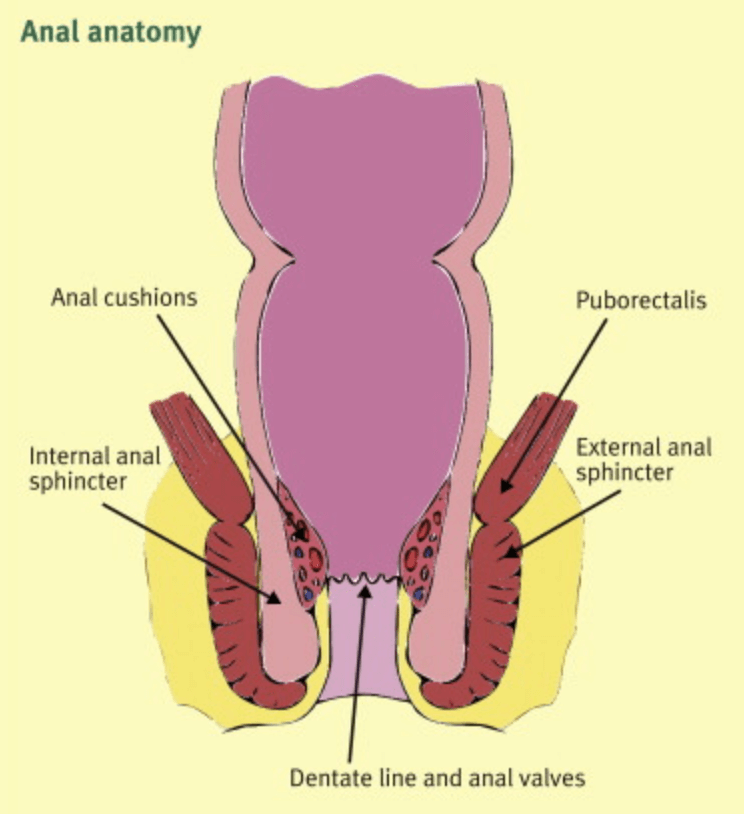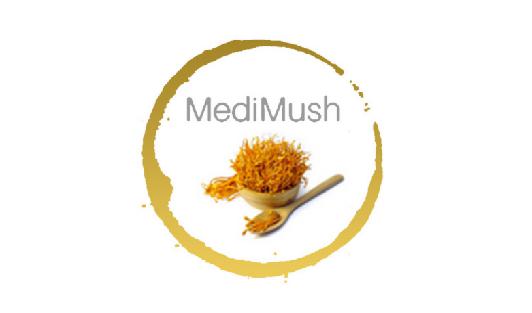Pruritus Ani (Itchy anus symptoms)

How to manage Itchy anus symptoms
How to manage Itchy anus symptoms
Pruritus ani means a persistent itchy feeling around the anus. It’s a common condition in both adults and children.
In fact, 1 in 20 people will develop it at some stage in their lives.
This urge to scratch can happen at any time during the day but is more common when first in bed and after you have been to the toilet to pass faeces. Pruritus ani is a symptom, not a condition in itself.
- What causes anal itching?
- Have you had a checkup?
- Why does it keep coming back?
- Do you understand antibiotics?
What causes anal itching? And how to manage Pruritus Ani (Itchy anus symptoms )
- Inflamed skin around the anus. Skin can react to small amounts of faeces left after wiping, and adults with excess hair around their anus may find this problem more frequent.
- Sexually transmitted diseases like scabies, herpes, anal warts and some others can cause itchiness around the anus. You are likely to have other symptoms too, such as a rash, lump or discharge.
- Small cracks in the anal skin. This is usually painful as well as itchy.
- Allergies. Soaps, perfumes, creams, and possible changes in fabric conditioner can also trigger symptoms.
- Skin conditions. Eczema can cause itching around the anus.
- Foods that are not fully digested can lead to an overgrowth of pathogens in the colon.
- Medications. Anal itching may be a side effect of certain medications, including some antibiotics that can cause frequent diarrhoea.
- Haemorrhoids (piles) are engorged veins just under the membrane that lines the lowest part of your rectum and anus. They often occur as a result of straining during a bowel movement. Anal itching can be a symptom of haemorrhoids. However, most haemorrhoids don’t itch.
- Tumours in or around the anus may be a cause of anal itching.
- Parasites such as threadworms are a common cause. Up to four in 10 children in the UK have threadworms that live in the gut and lay eggs around the anus, causing itching. Children can pass these on to adults, so any age can experience itching of the anus due to parasites.
Get a checkup when needing to know How to manage Pruritus Ani (Itchy anus symptoms )
A healthcare provider can examine the anus for signs of thrush and perform laboratory tests on a sample to look for bacteria associated with pruritus ani.
Why does it keep coming back?
The body goes to great lengths to create an alkaline environment to repair and rejuvenate more efficiently.
However, the body can only use the food and liquid ingested to alkalise efficiently. When ingested large amounts of acid-forming food, you fight your body’s process to keep infection and illness down.
This leads to pathogens, bacteria, fungi, etc., and overgrowth, causing the before-mentioned symptoms. Detoxing your body is the best way to increase your immune responses to fight pruritus ani. For more info, see Why Detoxify?
Understanding Antibiotics and How to Manage Pruritus Ani (Itchy anus symptoms )
Antibiotics are usually used to treat infections caused by bacteria. They do not work against other organisms, such as fungi, or infectious agents, such as viruses.
It’s important to bear this in mind if you think you have some infection because many common illnesses, particularly of the upper respiratory tract, such as the common cold and sore throats, are usually caused by viruses.
Overuse of antibiotics can lead to bacteria becoming resistant to antibiotics, so it’s important to take them only when necessary.
Some antibiotics, such as penicillin, are ‘bactericidal’, meaning that they work by killing bacteria.
They do this by interfering with the formation of the bacteria’s cell walls or cell contents.
Other antibiotics are ‘bacteriostatic’, meaning that they work by stopping bacteria from multiplying.
The most common side effects of antibiotic drugs are diarrhoea, feeling sick and being sick.
Fungal infections (candida) of the mouth, digestive tract and vagina can also occur with antibiotics because they destroy the protective ‘good’ bacteria in the body (which help prevent overgrowth of any one organism), as well as the ‘bad ones, responsible for the infection being treated.
TELL YOUR DOCTOR OR PHARMACIST IF YOU ARE PREGNANT OR BREASTFEEDING BEFORE TAKING ANY ANTIBIOTIC.
To help fight bacteria and prevent anal itching, try helping your immune system with pH Plus, an alkalising supplement. Also, checking your body’s pH balance is essential to maintaining a healthy alkaline/acid level; you can test your pH balance from the comfort of your own home with pH test strips and check some of our special offers.
